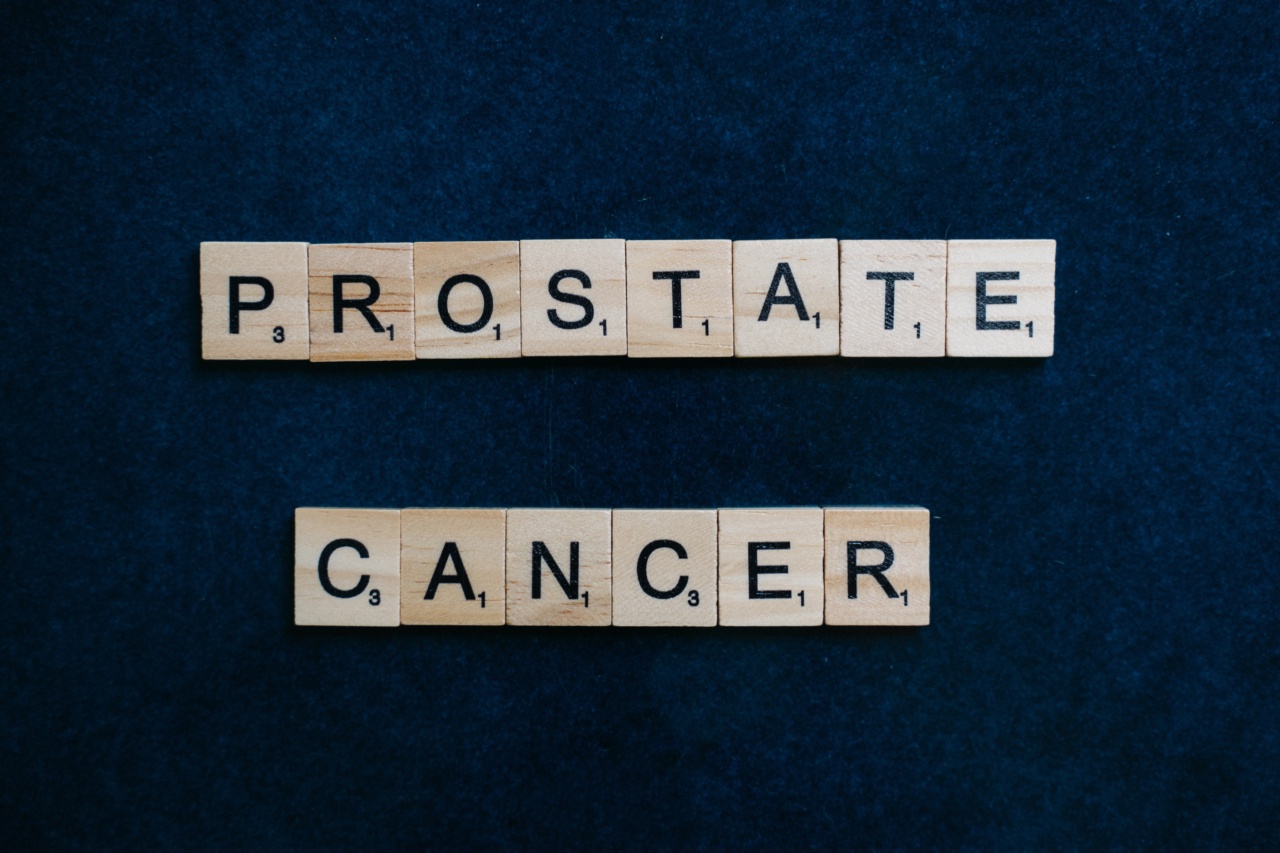Prostate cancer is a leading cause of cancer-related morbidity and mortality among men worldwide.
While several factors contribute to the development of prostate cancer, including age, genetics, and lifestyle choices, emerging evidence suggests that dietary factors play a crucial role in modifying an individual’s risk of developing this disease. This article explores the impact of various dietary factors on prostate cancer risk.
The Western Diet and Prostate Cancer
The Western diet, characterized by high intakes of red meat, processed foods, and saturated fats, has been associated with an increased risk of prostate cancer.
Red meat, particularly when cooked at high temperatures, leads to the formation of heterocyclic amines and polycyclic aromatic hydrocarbons, which are known carcinogens. Additionally, consuming high amounts of saturated fats can increase the production of testosterone and other hormones that promote the growth of prostate cancer cells.
The Mediterranean Diet and Prostate Cancer
In contrast, the Mediterranean diet, which emphasizes whole grains, fruits, vegetables, legumes, and olive oil, has been linked to a reduced risk of prostate cancer.
The abundance of antioxidants, phytochemicals, and polyunsaturated fats in this diet provide protection against oxidative stress and inflammation, both of which are known to contribute to the development of cancer.
Cruciferous Vegetables and Prostate Cancer
Cruciferous vegetables, such as broccoli, cauliflower, and cabbage, contain a compound called sulforaphane, which has shown promising anti-cancer effects.
Studies have suggested that regular consumption of cruciferous vegetables can inhibit the growth of prostate cancer cells and reduce the risk of developing aggressive forms of the disease.
Tomatoes and Prostate Cancer
Tomatoes are rich in lycopene, a potent antioxidant that gives them their vibrant red color. Numerous studies have indicated that lycopene may lower the risk of prostate cancer.
Lycopene helps to prevent DNA damage, inhibit tumor cell growth, and reduce inflammation. However, it is worth noting that the protective effects of tomatoes are more pronounced when cooked or processed, as this enhances lycopene bioavailability.
The Role of Fish and Omega-3 Fatty Acids
Fish, especially fatty fish like salmon, mackerel, and sardines, are excellent sources of omega-3 fatty acids. These essential fats possess anti-inflammatory properties and have been associated with a reduced risk of prostate cancer.
Regular consumption of omega-3 fatty acids from fish or supplements may provide protection against the development and progression of prostate cancer.
Dairy Products and Prostate Cancer Risk
The relationship between dairy product consumption and prostate cancer risk remains controversial. Some studies have suggested that high intakes of dairy products, particularly whole milk and cheese, may increase the risk of prostate cancer.
This could be attributed to the high calcium content or the presence of growth factors in dairy products. However, further research is needed to establish a definitive link.
The Impact of Soy and Isoflavones
Soy and its isoflavones, such as genistein and daidzein, are plant compounds thought to have protective effects against prostate cancer. Isoflavones have estrogen-like properties and may help regulate hormone levels in the body.
Research has shown that populations with higher soy consumption, such as Asian countries, have lower rates of prostate cancer. However, more studies are required to fully understand the potential benefits and mechanisms of action.
The Importance of Vitamin D
Vitamin D deficiency has been associated with an increased risk of prostate cancer. This crucial vitamin is obtained through sun exposure, dietary sources, or supplementation.
Vitamin D plays a role in regulating cell growth and preventing the proliferation of cancer cells. Ensuring adequate levels of vitamin D through sun exposure or supplementation may help reduce the risk of prostate cancer.
Caffeine and Prostate Cancer
Although there is still limited evidence, some studies have suggested that caffeine consumption may have a protective effect against prostate cancer. The exact mechanisms behind this relationship are unclear.
However, it is worth noting that excessive caffeine consumption may have other detrimental effects on health, such as affecting sleep patterns and causing irritability.
Alcohol and Prostate Cancer Risk
Excessive alcohol consumption has been associated with an increased risk of various cancers, including prostate cancer.
Heavy drinking may contribute to pro-inflammatory processes, oxidative stress, and DNA damage, all of which can increase the likelihood of developing prostate cancer. Limiting alcohol intake and practicing moderation is crucial for overall health and reducing cancer risk.
Conclusion
While several dietary factors have been linked to prostate cancer risk, it is important to note that no single food or nutrient is solely responsible for the development or prevention of this disease.
Nonetheless, adopting a balanced diet that includes a variety of fruits, vegetables, whole grains, lean proteins, and healthy fats is generally recommended for optimal health. Future research may provide more insights into the specific dietary components that influence prostate cancer risk and allow for more targeted recommendations.































